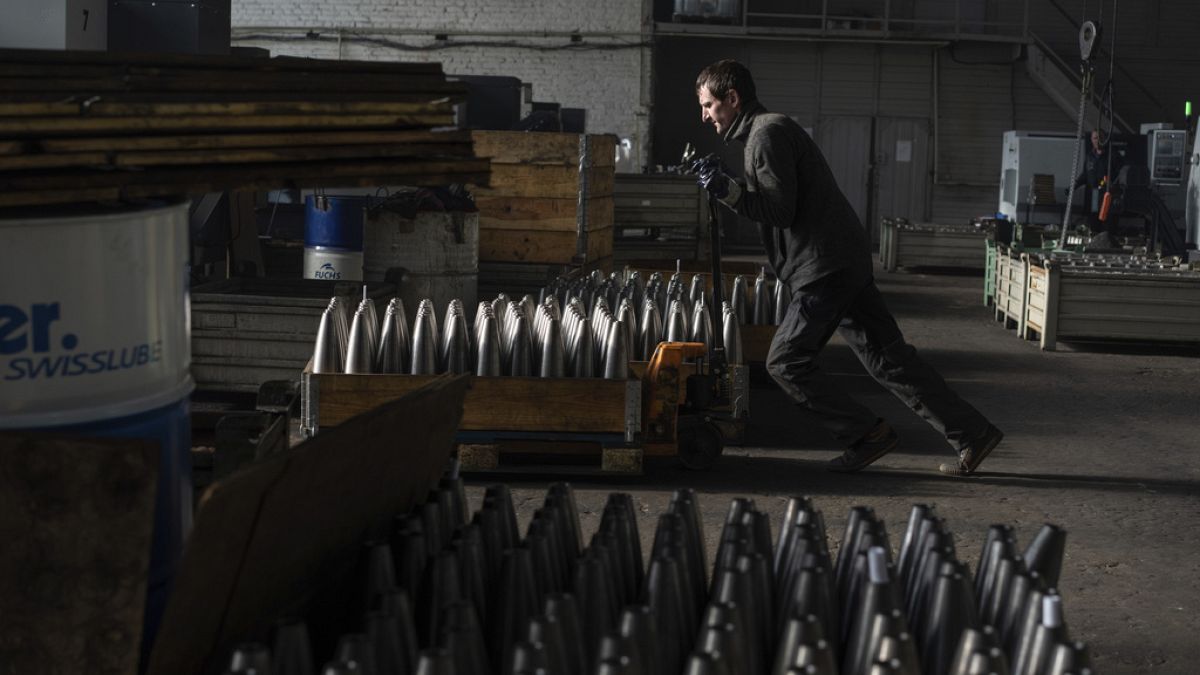The European Court of Auditors recently released a report calling for a more robust design and realistic targets for the European Defence Industry Programme (EDIP), a flagship initiative aimed at bolstering the EU’s defence industry. The EDIP, with a budget of €1.5 billion, was proposed by the European Commission in response to Russia’s invasion of Ukraine in 2024. However, the auditors found that the programme may not have enough funding to fully achieve its objectives and recommended setting more realistic targets by the end of 2027. The report also suggested a long-term funding strategy to boost defence capabilities in the EU’s next seven-year spending programme, starting in 2028.
The European defence industry itself has expressed concerns about the EDIP, with 28 European defence companies calling for EU financial support to be targeted at the domestic sector. These companies, including major players like Leonardo, SAAB, Airbus, Rheinmetall, and Indra, believe that funding should be restricted to products where at least 65% is sourced from within the EU. While the industry sees this as a starting point, some have pushed for a higher percentage, such as 80%. The companies also advocate for an emergency section within the programme that can be activated during a crisis, with fast-track administrative procedures and shorter timelines.
The EU industry’s position paper highlights the need for a more targeted approach to funding within the EDIP, as well as provisions for emergency situations and collaboration with non-EU partners. The industry believes that the programme should serve as a test bed for a longer-term and more ambitious initiative post-2028, with stricter criteria for sourcing within the EU. While the current regulatory plans are still under review by lawmakers, the concerns raised by both the European Court of Auditors and the defence industry highlight the need for a more comprehensive and realistic approach to the EDIP.
Commission President Ursula von der Leyen has appointed Lithuania’s Andrius Kubilius as the EU’s defence commissioner as part of efforts to strengthen the bloc’s defence capacity in the face of the Russian threat. The auditors have urged the Commission to ensure a balance between policy objectives, budget, and timeline in order to achieve measurable impact through the EDIP. As discussions continue regarding the future of the programme, there is a growing emphasis on the importance of setting clear and achievable targets for the EU’s defence industry.
Despite the initial support for the EDIP as a necessary response to geopolitical challenges, concerns have emerged regarding the programme’s budgetary constraints and eligibility criteria. The auditors’ recommendation for a more robust policy design and realistic targets aligns with the industry’s call for a targeted and domestically-focused approach to funding. As the EU seeks to navigate the complexities of bolstering its defence industry while maintaining relations with non-EU partners, finding a balance between these priorities will be crucial to the success of the EDIP and the future of European defence capabilities.











